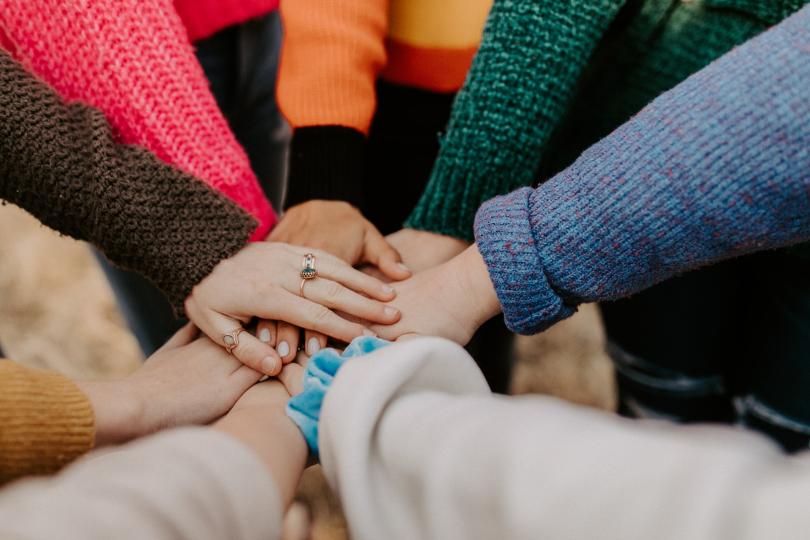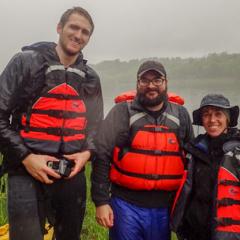McGreavy: community-university partnerships can strengthen deliberative and democratic practices
Birdie McGreavy co-authored Collaboration on the Mudflats, an article exploring how community-university partnerships can strengthen deliberative and democratic practices. The following is an excerpt of the article. Find the full, open source publication in Issues in Science and Technology.
"We began in 2006 as a group of researchers at the University of Maine who were trying to align our work with the needs of communities. Motivated in part by frustration with the fate of so much academic research that only ends up in scholarly journals, where it may be read by our peers but rarely reaches the wider world, we wondered what it would take to link knowledge with diverse actions that benefit communities.
From the start, we wanted to understand the problems people were facing in communities around Maine and in Wabanaki (“People of the Dawnland”) Tribal Nations so we could collaborate with them to co-develop research aimed at addressing these problems. We created a place at our university—the Senator George J. Mitchell Center for Sustainability Solutions—where students and faculty from the natural and social sciences, engineering, arts and humanities, and other disciplines could all participate. In the last 16 years, the center has helped launch more than 50 projects in which interdisciplinary teams have collaborated with community partners.
The world has changed during this time, with a majority of Americans now saying they are exhausted by political polarization and pessimistic that the situation will soon improve. Three out of four wish that their fellow citizens could “reject political hostility and divisiveness and focus more on their common ground.”
In response to such concerns, political leaders as well as scholars have suggested that this common ground is more likely to be found at the local level. According to such thinking, challenges facing local communities are less about competing ideologies and more about pragmatic concerns such as infrastructure, which can make it easier for people to listen to and learn about each other in the context of community planning. In essence, local partnerships may allow for a more tailored approach to working across differences, thereby generating the kinds of “small wins” that can grow the social capital needed to address even bigger challenges.
Considering the possibility that community-university partnerships could be a route to finding common ground, as well as solving complex problems, has led us to reflect on our work at the Mitchell Center. Almost from the start, we have encountered many of the social complexities that can make working together so challenging—including obstacles to effective communication, power disparities, mistrust, differences in worldviews and priorities—and the conflicts that often result. We’re also keenly aware that universities need to strengthen their commitments to equity and justice, especially because many were created and funded in part by the dispossession of Indigenous lands and the institution of chattel slavery. Throughout our work, we have learned important lessons about the science and practice of long-term collaborations in areas where progress is not always linear or well-defined.
We’ve come to view our work as a promising strategy for strengthening the kinds of deliberative and democratic practices that might help address many local and global challenges. For us, these practices involve listening and responding across differences (the deliberative part) and finding ways to make shared decisions and take joint actions, knowing that complete agreement or mutual understanding may never be possible (the democratic part). "
Citation: Hart, David D., Bridie McGreavy, Anthony Sutton, Gabrielle V. Hillyer, and Darren J. Ranco. “Collaboration on the Mudflats.” Issues in Science and Technology 39, no. 1 (Fall 2022): 71–76.


